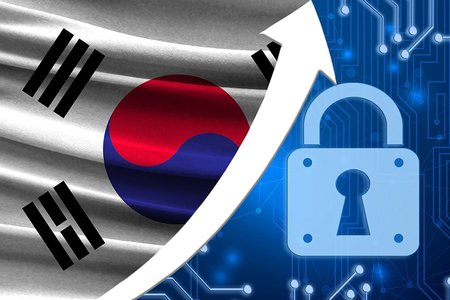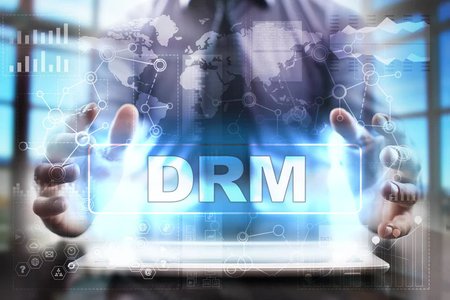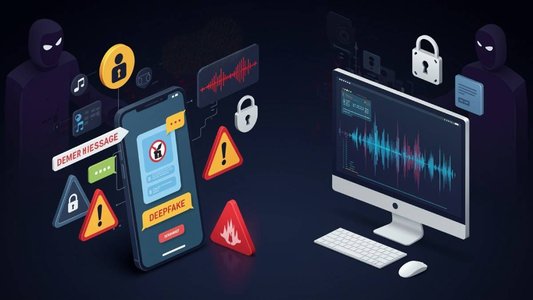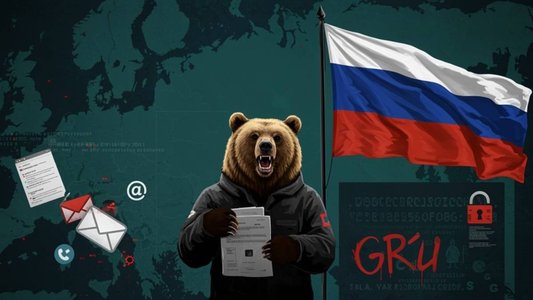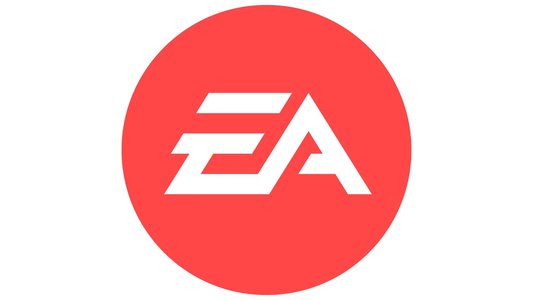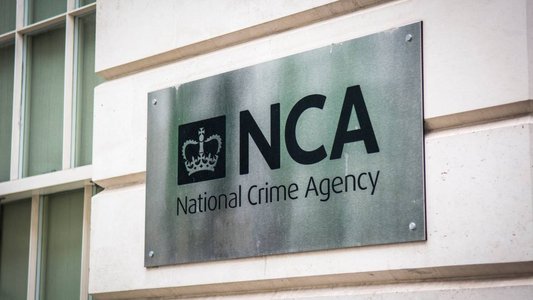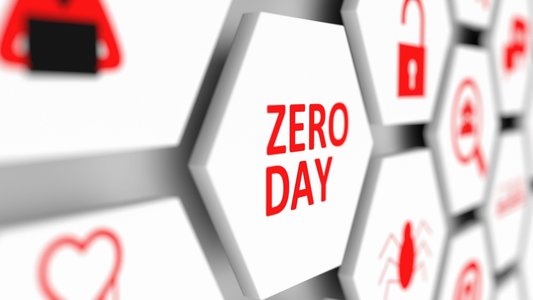Introduction to Virtual Asset Protection
In the rapidly evolving digital economy, virtual assets have become integral to financial transactions and investments. As these assets gain prominence, ensuring their protection has become paramount. Virtual asset protection encompasses the legal, technical, and procedural measures designed to safeguard digital assets from theft, fraud, and unauthorized access.The Emergence of Virtual Assets
Virtual assets, including cryptocurrencies, tokens, and digital representations of value, have transformed the financial landscape. Their decentralized nature and potential for high returns have attracted investors worldwide. However, this growth has also led to increased risks, necessitating robust protection mechanisms.Challenges in Virtual Asset Security
Protecting virtual assets presents unique challenges:▪ Decentralization: The lack of a central authority makes regulation and oversight difficult.
▪ Anonymity: Transactions can be conducted anonymously, complicating the tracking of illicit activities.
▪ Cybersecurity Threats: Virtual assets are susceptible to hacking, phishing, and other cyber attacks.
▪ Regulatory Gaps: Inconsistent regulations across jurisdictions can hinder effective protection.
Global Regulatory Landscape
Countries worldwide are developing frameworks to regulate and protect virtual assets. South Korea has been at the forefront, implementing comprehensive legislation to address these challenges.The Act on the Protection of Virtual Asset Users
South Korea's Act on the Protection of Virtual Asset Users, also known as the Korea Virtual Asset User Protection Act, was enacted to enhance investor protection and market integrity. Key features include:▪ Definition of Virtual Assets: Electronic certificates with economic value that can be traded or transferred electronically.
▪ Obligations for Service Providers: Virtual Asset Service Providers (VASPs) must segregate user assets, maintain transaction records, and implement security measures.
▪ Prohibition of Unfair Practices: The act prohibits insider trading, price manipulation, and dissemination of false information.
▪ Supervisory Authority: The Financial Services Commission (FSC) is empowered to supervise and inspect VASPs.
Impact on Virtual Asset Service Providers
VASPs are required to adhere to stringent compliance measures:▪ Asset Segregation: User assets must be kept separate from the company's assets.
▪ Cold Wallet Storage: A certain proportion of assets must be stored in cold wallets to mitigate hacking risks.
▪ Insurance and Reserves: Providers must have insurance or reserves to cover potential losses from cyber incidents.
▪ Transaction Records: Maintain records for a minimum of 15 years to ensure transparency and traceability.
Enforcement and Penalties
Non-compliance with the act can result in significant penalties:▪ Administrative Fines: Imposed for negligence in monitoring transactions or violations of obligations.
▪ Criminal Punishments: For serious offenses like fraud or significant breaches of the act.
▪ Compensation to Users: VASPs must compensate users for damages resulting from unjustified service disruptions.
International Implications
The act applies to all activities affecting South Korea, even if conducted abroad. This extraterritorial application ensures that foreign entities engaging with Korean users adhere to the same standards, promoting global accountability.Future Developments
South Korea plans to introduce additional legislation to further regulate virtual asset disclosures and business practices. This phased approach aims to adapt to the evolving digital asset landscape and ensure comprehensive protection for users.FAQs
What is the purpose of the Virtual Asset User Protection Act?
The act aims to protect the rights and interests of virtual asset users by establishing transparent and sound trading practices, regulating unfair trade practices, and ensuring the safekeeping of users' assets.Who is subject to the act?
All Virtual Asset Service Providers (VASPs) operating in or affecting South Korea are subject to the act, including foreign entities engaging with Korean users.What are the penalties for non-compliance?
Penalties include administrative fines, criminal punishments for severe violations, and obligations to compensate users for damages resulting from unjustified service disruptions.How does the act affect users?
Users benefit from enhanced protection measures, including asset segregation, improved security protocols, and the assurance of compensation in case of service provider negligence.What measures must VASPs implement under the act?
VASPs are required to segregate user assets, store a portion of assets in cold wallets, maintain comprehensive transaction records, and have insurance or reserves to cover potential losses.Does the act apply to NFTs and CBDCs?
No, the act excludes non-fungible tokens (NFTs) and central bank digital currencies (CBDCs) from its definition of virtual assets.
Conclusion
As virtual assets become increasingly integrated into the global financial system, robust protection mechanisms are essential. South Korea's proactive approach through the Virtual Asset User Protection Act sets a precedent for other nations. By implementing stringent regulations and enforcement measures, the act aims to foster a secure and transparent environment for virtual asset transactions.For developers looking for a comprehensive and seamless game protection solution, JikGuard Game Protection offers cutting-edge encryption and anti-cheat technology to ensure your game remains secure without compromising performance.
Why Choose JikGuard Game Protection?
√ On-Demand Security Assessment:
Not sure if your game needs encryption? JikGuard provides free security testing and reports, helping you identify potential risks through penetration testing and in-depth analysis.√ Minimal Performance Impact:
JikGuard’s encryption system only decrypts resources when needed, ensuring that files remain encrypted in the cache and have virtually no effect on loading speed or game smoothness.√ Seamless Multi-Channel Packaging:
Supports mother package encryption, meaning all sub-packages remain protected without requiring additional processing for different distribution channels.√ No SDK Required:
Unlike traditional solutions, JikGuard does not require SDK integration—simply run a command, and the encryption process is handled automatically.√ Ultra-Low Performance Overhead:
▪ CPU usage increase: <0.2%▪ Memory consumption: <1MB
▪ Startup time increase: <25ms
▪ Package size increase: <1.3MB
Ensuring a smooth and seamless gaming experience.
With JikGuard Game Protection, you can focus on game development while ensuring top-tier security against cheats, resource leaks, and competitive analysis. Protect your game today and keep your vision intact!
Tags:
Virtual Asset Protection

